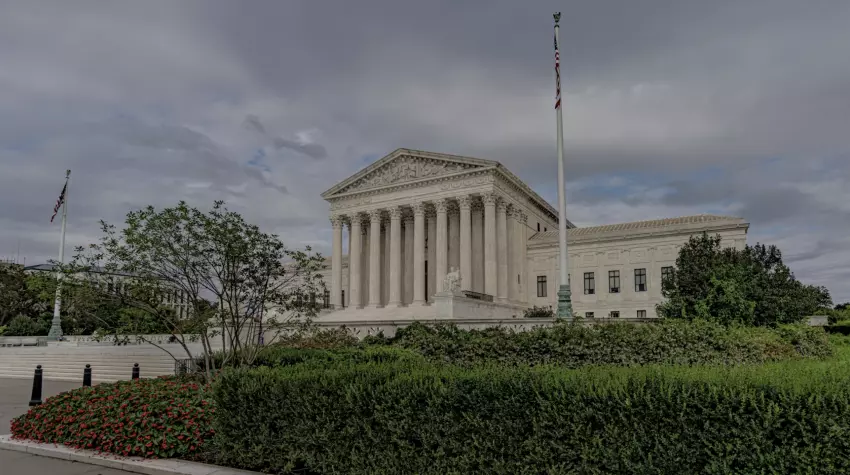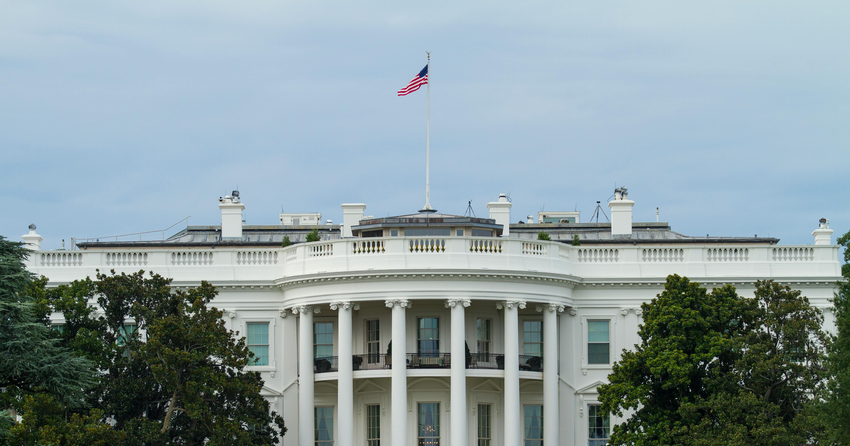
Supreme Court Dodges on Social Media Speech Laws
The US Supreme Court has advised it will not yet weigh in on two controversial state laws (one in Florida and one in Texas) that restrict content moderation performed by social media platforms.
The laws, while different, both aim to limit the ability of social media companies to manage the content created by users of their platforms. Platforms like Facebook and YouTube maintain public content guidelines and reserve the right to remove, alter, organize, or prioritize content based on those guidelines.
Some conservative groups claim that this behavior stifles certain points of view and opinions and amounts to censorship. The companies, however, advise that their policies are in place to protect their users by removing spam, bullying, extremism, and hate speech.
Both laws were passed in 2021 and were rapidly challenged by the industry organizations NetChoice and the Computer & Communications Industry Association (CCIA). Neither law has been put into effect pending the outcome of the legal challenges.
The Texas law forbids social media platforms with more than 50 million monthly active users from censoring content based on a point of view. The Florida law blocks the censorship or banning of a political candidate or “journalistic enterprise.” Both laws require that any content moderated on a platform must include an individualized explanation for the action.
The 5th Circuit Court of Appeals upheld the Texas law, whereas the 11th Circuit ruled Florida’s was unconstitutional, resulting in the Supreme Court case.
The Supreme Court, however, ruled that lower courts had not sufficiently addressed the First Amendment issues, particularly for other online platforms and features (such as direct messaging) that could be impacted. In an opinion concurring with the majority, Justice Amy Coney Barrett criticized the parties for asking the Supreme Court to settle major issues that could apply “in one fell swoop to the entire social-media universe.”
However, Justice Elena Kagan, writing for the majority, singled out the lower court ruling that upheld Texas’ law, saying it misunderstood the First Amendment. Some of the court’s conservatives noted, via a concurring opinion, that they only agreed with the majority ruling on a practical level, remaining divided on some of the larger questions raised by the cases.














